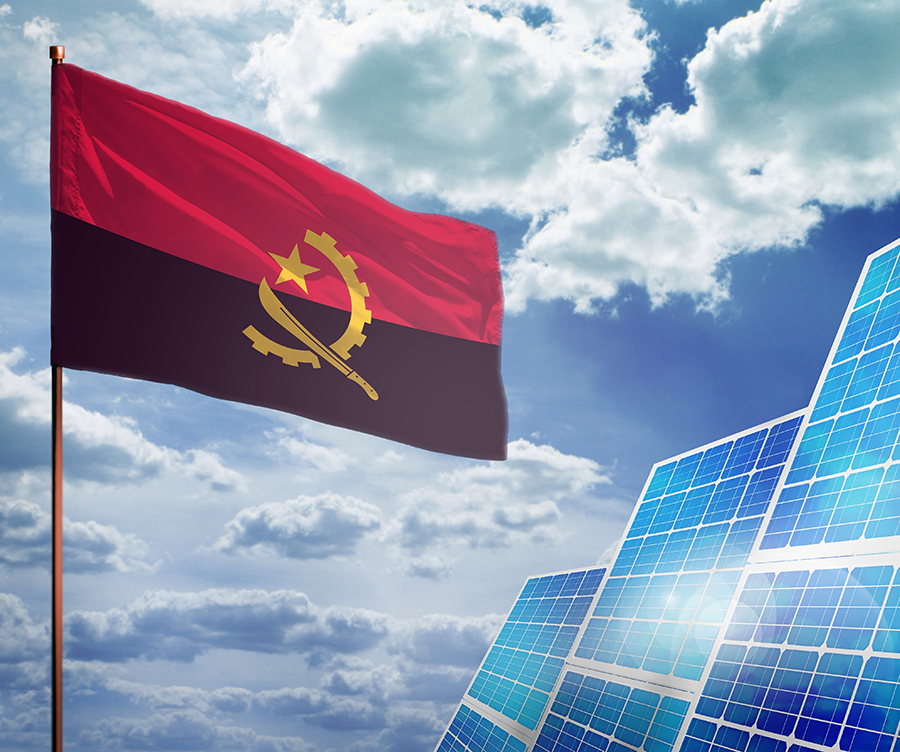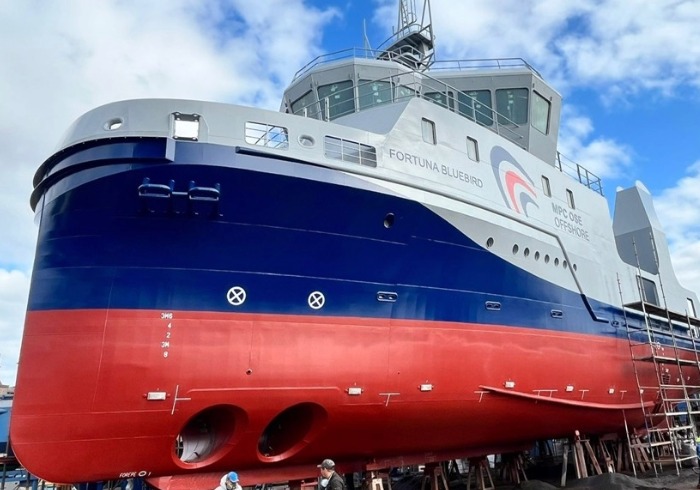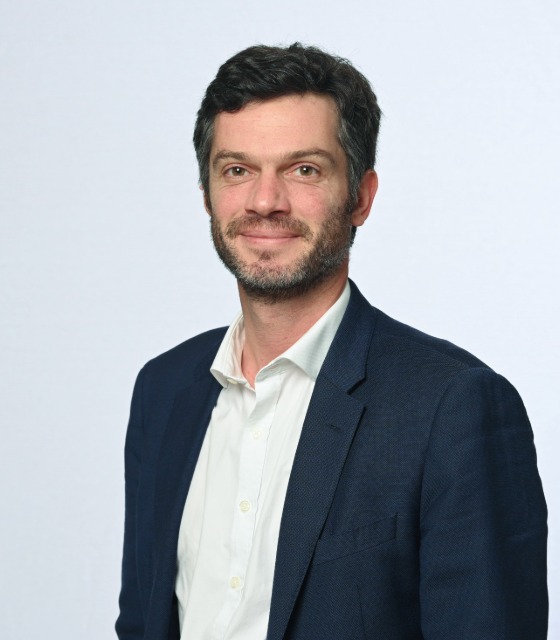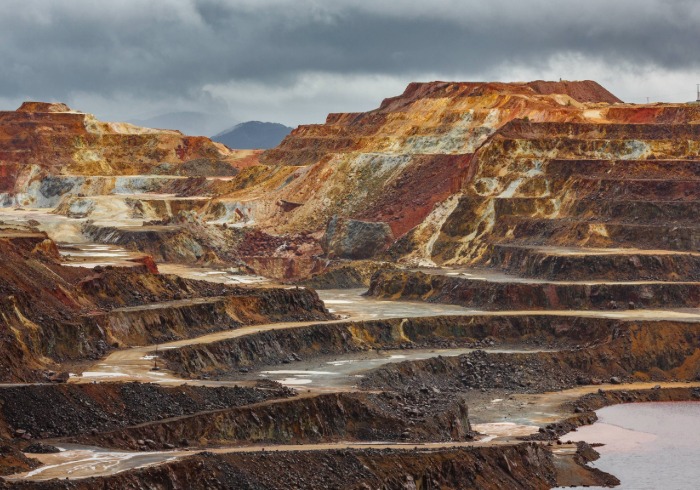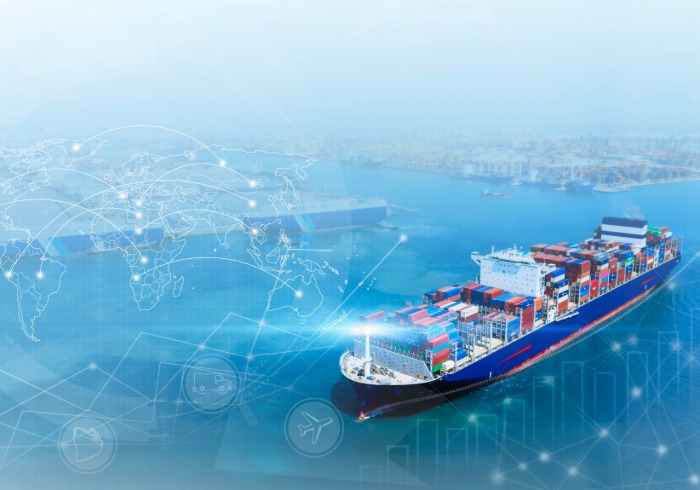The Export-Import Bank of the United States (US Exim) has agreed to lend US$1.6bn to the Angolan government for a solar infrastructure project that will boost access to clean water in the country.
US Exim’s direct loan will support the construction of 65 solar mini-grids in four Angola provinces, supplying electricity to local communities and powering water collection, treatment and purification facilities.
“The project will increase access to electricity and potable drinking water in several provinces in Angola that previously had little access and will promote improved health, education and social wellbeing,” US Exim says.
Dutch bank ING Capital, Miami-based project developer Sun Africa and Portuguese-Angolan construction firm Omatapalo are all involved in the facility, which according to US Exim, will support over 3,000 American jobs.
US Exim did not respond to questions from GTR about the types of American exports the deal would facilitate.
However, a notice in the US government’s federal register says export items would include solar equipment such as connectors, switches, sensors, as well as design and engineering services.
Sun Africa provides various services to African governments looking to develop large-scale solar projects, including feasibility studies, sourcing subcontractors and materials, arranging financing proposals, and construction supervision. For the most part, it purchases panels from Korea.
Last year, the firm was involved in another bumper US Exim transaction, a US$900mn loan for the construction of two solar plants in Angola.
US Exim says the latest loan supports two key mandates within its charter, namely rivalling China’s export credit system and growing activity in Sub-Saharan Africa.
The loan “underscores our firm commitment to championing renewable energy projects, supporting US exporters doing business in Sub-Saharan Africa, deepening our economic relationship with Angola, and advancing President Biden’s Partnership for Global Infrastructure (PGI) initiative”, says US Exim’s chair, Reta Jo Lewis.
The US and its partners within the G7 group of countries launched the PGI in 2022, with the stated aim of mobilising hundreds of billions of dollars’ worth of investments in emerging markets.
The PGI is considered an attempt to rival China’s Belt and Road Initiative (BRI), through which Beijing has extended billions of dollars for infrastructure in developing countries, analysts say.
After being effectively shut down between 2015 and 2019, US Exim has been slowly rebuilding its portfolio.
In its annual competitiveness report, published in July, the US agency found it was the seventh largest provider of medium and long-term export credits in 2023, up from 13th a year prior.
Angola has secured billions of dollars in ECA-backed funding in recent years, involving agencies from across Europe and North America, including the UK, Germany, Poland and Italy. Investment has been helped by reforms under President João Lourenço, who came to power in 2017 and has since overhauled the economy.

